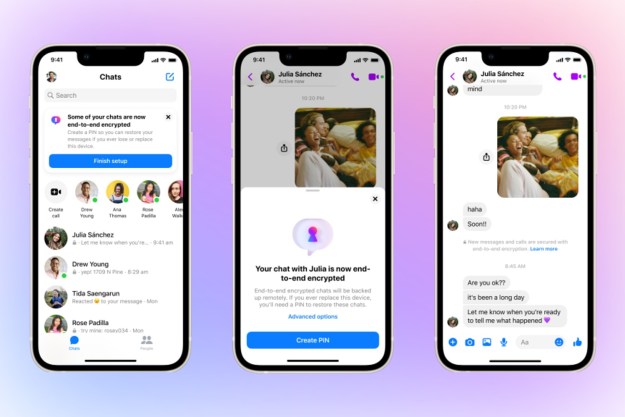Facebook announced that it has taken down three networks of pages and groups that demonstrated “coordinated inauthentic behavior,” including one from Russia that was aimed at recruiting journalists to write for news pages that looked left-leaning, according to the Washington Post.
In total, Facebook said it took down 521 Facebook accounts, 147 pages, and 78 groups associated with these networks, but the Russian network was actually the smallest of the three rings that were busted. The three groups generated fake views and engagements that intentionally sought to mislead people, according to
Of the pages removed, only 13 were traced to the notorious Russian Internet Research Association, the Kremlin-backed group accused of using Facebook to spread misinformation across all of social media, not just
Facebook’s efforts to combat the spread of disinformation have been an ongoing struggle for years, and have reached a peak recently in the run-up to the 2020 presidential election. The social media company has been criticized for failing to remove false, racist, and otherwise harmful statements from white supremacists and other violent groups.
Last week, Facebook CEO Mark Zuckerberg admitted the platform made an “operational mistake” by allowing posts that advocated for violence against protesters to remain on the site.
Editors' Recommendations
- What does a check mark mean on Facebook Messenger?
- Facebook vows to restrict news access in Canada
- Reels are about to show up in yet another Facebook feature
- Facebook’s new controls offer more customization of your Feed
- When is the best time to post on Facebook?




